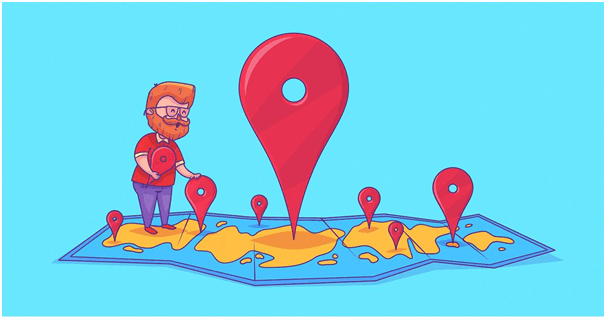First Internet search engine 30 years old

Google accounts for almost 96% of the market share of search engines globally, according to Statista . They are followed by far, Bing (2.7%) and Yahoo! (1.14%). Although they are complex search engines, some of their techniques are similar to those that Archie began using 30 years ago, which is considered the first search engine on the Internet. It was developed even before the World Wide Web existed and was intended to locate files stored on FTP (File Transfer Protocol) servers.
“Archie’s main difference with other search engines like Google or Yahoo! is that it was not a web search engine. It was a search engine for FTP servers, that is, servers where there were files ”, explains Fernando Suárez, president of the Council of Official Colleges of Computer Engineering (CCII). Its creation was one of the most outstanding advances in the field of computing in 1990. This is how the School of Computer Engineering of the University of Oviedo considers it , which explains that before 1990 users could only access the web using FTP protocols : “This made navigation extremely complicated as we understand it today, since to access a site you had to know the server where it was located.”
Therefore, according to Suárez recalls, until then it was “practically impossible” to locate a file if one did not know exactly where it was. Archie, which allowed files to be found by name, was used primarily “in universities and academia.” The basic operation was similar to that of the search engines that are used today, but not identical: “It is no longer about FTP file titles, but about the world wide web . Now the search engines go through all the webs in search of content, not only looking for the name of the page ”.
Alan Emtage, creator of Archie
Behind this search engine, was Alan Emtage . He is a founding member of the Internet Society, is inducted into the Internet Hall of Fame, and is a partner in a New York-based web development company called Mediapolis. At that time, about 30 years ago, he was a young man from Barbados studying Computer Science at McGill University in Montreal, Canada. While studying, he created Archie, whose name derives from the word archive . It consisted of a set of programs that searched Internet software repositories and created a kind of index of available software. That is, a database in which the name of a file could be located.
Emtage wasn’t the only person working on an Internet search engine in the late 1980s, but Archie was the first to be publicly distributed, according to McGill University. And it laid the foundation for future seekers. “Archie developed the principles on which these search engines work, which are basically going out, retrieving information, indexing it and allowing people to search,” explains Emtage on the university website .
Read More: Computer Repairs Springfield
Suárez says that access to the Internet at that time was very limited. But, among those who could access, it indicates that it was common to use Archie. He used it himself when he was studying Computer Engineering at university to find files with information on how to apply for internships or work. “It was possible to do global searches but all you found was text, there were no graphical environments that we have today and many times you downloaded documents that were not what you wanted,” he adds.
The altruistic internet
At the time, according to the engineer, Archie was “a great revolution.” “Something almost science fiction. Searching for documentation on a practically universal level was like magic, “he says. But later “it stopped making sense when the web appeared and there began to be other types of search engines.” Both the Internet and search engines have changed since then. Emtage is concerned about privacy issues and the rise of personalized searches with which companies are trying to interpret what a user might want. “Google can remove entire parts of the search domain that it may think you don’t want to see, but [those parts] could contain valuable information that you won’t be able to get now. And they will do it without your knowledge ”, explains the creator of Archie.
But there are some aspects of the Internet and search engines that you do like, and some of them still remain. Emtage, in a speech he gave in 2017 upon joining the Internet Hall of Fame, underscored that part of the spirit of altruism that was remarkable 30 years ago still exists. “The Internet as we know it today would not exist if it were not for the fact that many of the organizations and people who worked on it at that time freely allowed the fruit of their work to be distributed for free,” he said. And he stressed that today there is still much of the Internet that runs on open source software to which programmers and engineers from all over the world freely contribute .
In addition, he recalled a conversation about 30 years ago with engineer Vinton Cerf, considered one of the fathers of the Internet: “He jokingly said to me: Why don’t you patent the techniques you are using in Archie for the search engine? We thought about it carefully and came to the conclusion that if we did, we would restrict people’s ability to use what we had created and expand it. “





